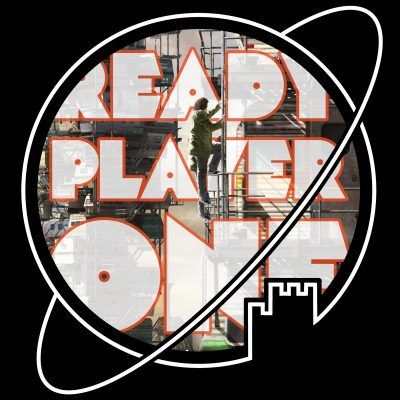- Book written by Ernest Cline
- Published 16 August 2011
- Followed by Ready Player Two
In a post apocalyptic 2045, Wade, a poor kid from the stacks, spends most of his waking hours in the OASIS, which is both an MMORPG and virtual reality public space that has taken over many real life social functions, from going out to attending school. Because of his fascination with the OASIS’ designer, Wade is the first one to find and beat the first step in the hunt for an easter egg, a secret reward hidden in the video game that delivers control of the game’s vast digital infrastructure to the account that finds the solution first. This succes slingshots Wade from a nobody into a public figure, and more and more people flock to his side as he takes on the evil corporation attempting to beat him to the prize.


I read Ready Player One some time ago, so some of my recollections of the plot and characters may be off. I am however still fairly confident in my assessment that this book, while it’s not terrible, shouldn’t have an audience.
The writing isn’t exactly poor, but it is very YA. Ready Player One is a book about video games, about kids in high school, and about their awkward first love. The prose is simple, the message shallow, the characters not particularly thoughtful, and their emotional moments revolve around teenage romance (as opposed to the very real social issues that also feature in the book). At the same time, Ready Player One is positively drowning in eighties nostalgia, which I would expect to be meaningless to a YA audience (who were born in the nineties when the book was released, and are even further removed now). I don’t think that the 35-45 year olds that may feel the nostalgia are particularly interested in the book’s themes. I don’t get who is supposed to read this.
Besides that weird dichotomy, the books also just isn’t very good. The main character does well in the book because he has immersed himself in eighties trivia as opposed to trying his best in school, which is a very dubious message. There is a sort of strange gatekeeping dripping from the book, suggesting that anyone who does not understand all the D&D and Pac-Man and WarGames and Blade Runner and what not references has no business reading this book. The deification of eighties pop culture is just downright weird.
Besides, the book’s plot is effectively the plot of a videogame – do x, get stronger, do y, get stronger, do z, get stronger, etc. until you beat the final boss. The protagonists’ characters are digital, so while losing them is a setback, the stakes just aren’t there. The bad guys are more or less literally EvilCorp Inc. and no attempt is made at making them understandable (in fact, it turns out they also keep slaves in the real world!). If you strip the endless references, you are left with a hollow feeling – there is just a lot of nothing in this book.
Now, if you did grow up in the 80s, then this is probably a great read. And the pacing is good, the book is not boring. Overall, however, I’d recommend you spend your time elsewhere.





